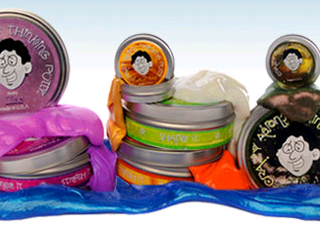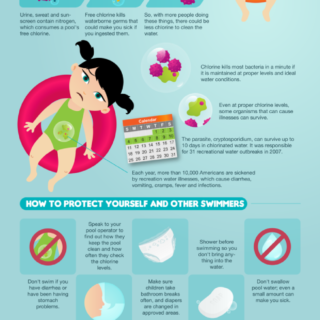Keeping your family healthy and medically safe is no doubt a priority. But unfortunately, this is easier said than done. Medical emergencies can happen suddenly, and due to everyday exposure to germs and bacteria, illnesses are inevitable. Although you can’t control every single aspect of your family’s health, simple measures can reduce the risk of injuries and illnesses, affording you peace of mind.
1. Regularly sanitize your home. Keep disinfectant wipes available and daily wipe down surfaces in your kitchen and bathrooms. Also, sanitize door handles, light switches and other commonly touched surfaces. Disinfectants effectively killed 99.9% of germs and bacteria, which can reduce your family risk of the flu, the common cold, stomach ailments and other viruses. Likewise, keep anti-bacterial hand gel in your purse or car and cleanse your hands throughout the day.
2. Schedule routine physicals. Some people avoid the doctor and only seek medical attention when ill. However, annual physicals can reduce the risk of many conditions, and if you develop a medical condition, a physical or check up can diagnose the condition early. See a doctor at least once a year for an annual physical, and if you experience unusual symptoms, seek medical attention.
3. Get an annual flu vaccine. There are several misconceptions about the flu vaccine, and some people feel that the vaccine will produce flu-like symptoms. Side effects from vaccinations are common, however, these side effects are mild and typically disappear in 48 hours. The flu is more than a cold, and the virus is responsible for nearly 200,000 hospitalizations each year. Getting the annual vaccine reduces your family’s risk of infection, and can alleviate flu-related complications, such as bronchitis and pneumonia. Flu vaccines are available year-round, with many doctors receiving heavy supplies around early fall. You only need one shot a year, and the vaccine is fully effective after two weeks.
4. Use a medical alert system. Do you have an elderly or sick relative living in the home? If so, consider giving this person a medical alert bracelet or necklace. If this person slips and falls or faces another type of emergency, he can contact 911 with the touch of a button. These alert systems are highly beneficial and provide peace of mind if an elderly relative lives alone, or spends time alone during the day.
5. Stay active. Being healthy doesn’t require strenuous activity. Exercising for 30 minutes three times a week promotes heart health and helps maintain a healthy body weight. Get the entire family active and seek out fun exercises. Go for a walk as a family, bike ride, go for a hike or play sports together.
6. Maintain healthy eating habits. A high sugar and high-fat diet contributes to a variety of illnesses, such as heart disease, diabetes and high blood pressure. Set the example and prepare healthy foods for your family. Rather than stock up on sweets and other junk foods, purchase healthy snacks such as raw veggies, fruit, peanuts and other low-fat selections. Prepare lean meats, healthy grains, and encourage your family to eat five servings of fruits and vegetables each day. Drink plenty of water – at least eight glasses a day. That sounds like a lot, I know, but it actually WILL make you feel better.
Modifying your lifestyle not only contributes to better health, it can also boost energy levels and improve your mental outlook. It may take awhile to get your family on board. But with persistence and patience, you can single-handedly improve your family’s health.









Leave a Reply